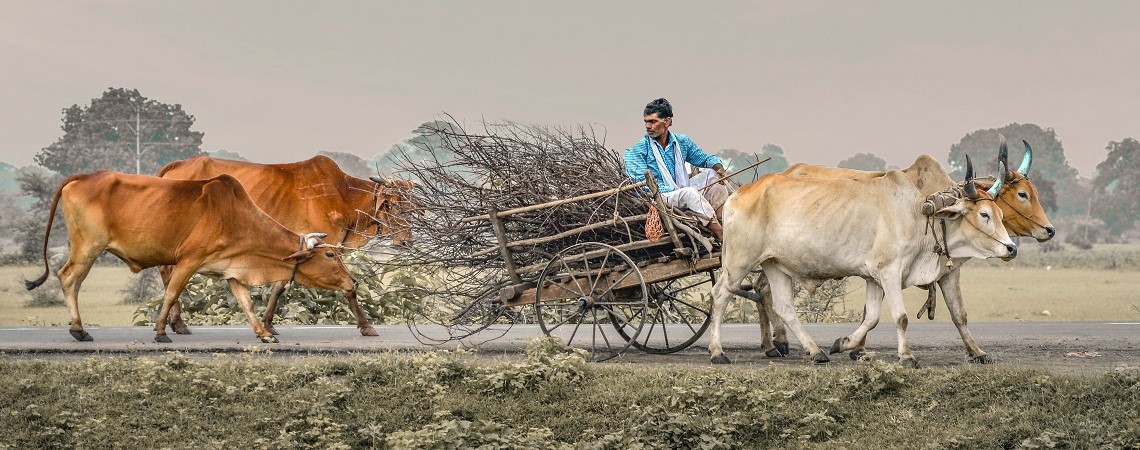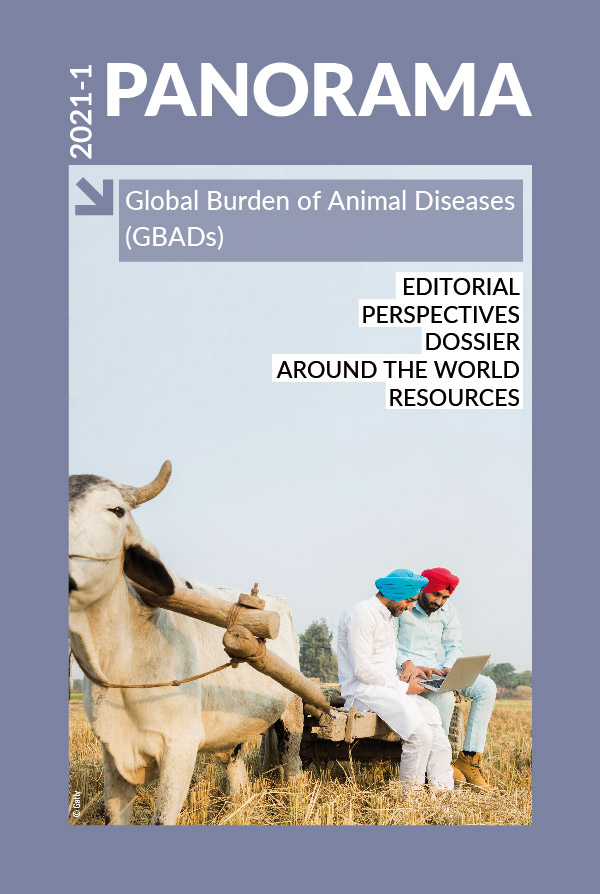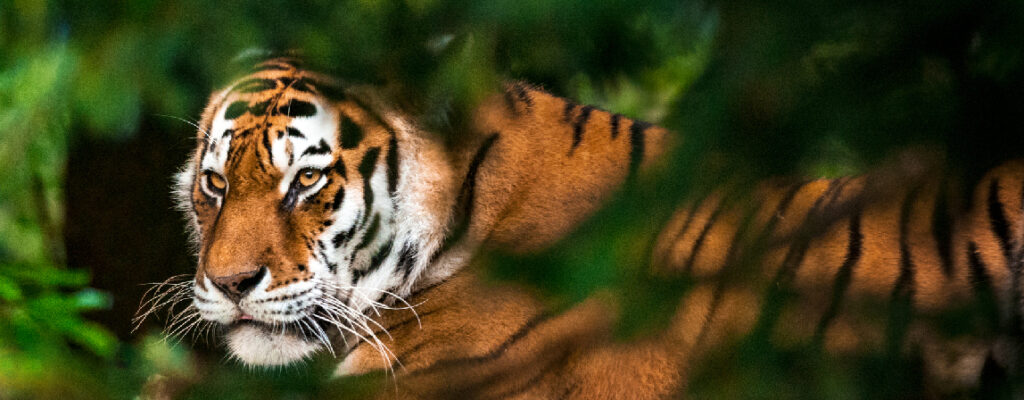Editorial Posted on 2021-10-27 11:05:49
Supporting investment decisions for animal health
Keywords
The PVS Pathway is an OIE flagship programme which aims to assess the capacities of Veterinary Services to carry out their missions. The PVS Pathway is a step-by-step process: after an assessment of the strengths and weaknesses of a country’s Veterinary Services, the following steps aim to evaluate the resources needed to fill the gaps identified. This requires a critical prioritisation step that hinges on the ability to understand the impact of the disease on the country’s economy including the well-being of animals, humans and the environment.
The consequence is that veterinary expertise exclusively is not sufficient, and the consideration of socio-economic data is important, to enable us to efficiently achieve several of the United Nations Sustainable Development Goals.
It is obvious to all that animal health and public health are linked and crucial for a sustainable and healthy planet. Thus, the links that GBADs is making with human disease burden studies at the World Health Organization and the Global Burden of Disease are of great interest when one remembers the critical role of animal-sourced food for human nutrition and that very many animal diseases are transmissible to people.
The OIE has an important role in creating the institutional structures that will underpin the programme. This began with Resolution no. 35 adopted in 2016, creating a mandate for the ‘development and testing of a methodology to determine the global burden of animal diseases in order to address deficiencies in economic information on national and world impact of animal diseases’.
Next, in 2018, the signing of a formal letter of intent between the University of Liverpool and the OIE enabled the launch of a partnership that led to the operationalisation of the project and to the subsequent roll-out thanks to generous funding from the Bill & Melinda Gates Foundation, the UK’s Foreign, Commonwealth and Development Office, the European Union, Brooke, the Australian Centre for International Agricultural Research (ACIAR), and the University College Dublin. Then, eight additional academic and institutional partners actively committed to GBADs have formalised their engagement. The expertise generated by the programme will be shared through the establishment of Regional OIE Collaborating Centres for the economics of animal health, a competency package in the OIE’s training framework, and ultimately by a chapter in the Terrestrial and Aquatic Animal Health Codes.
Finally, let me express my gratitude to all the contributing authors of this wide-ranging issue that explores the vision, methods and impact of this ambitious programme. To be very frank with you, many of us have been waiting for this programme for a long time because we have been looking forward to benefiting from its expertise. So it is in our interests to put effort into making GBADs successful.
Monique Éloit
Director General
World Organisation for Animal Health (OIE)
https://doi.org/10.20506/bull.2021.1.3250










